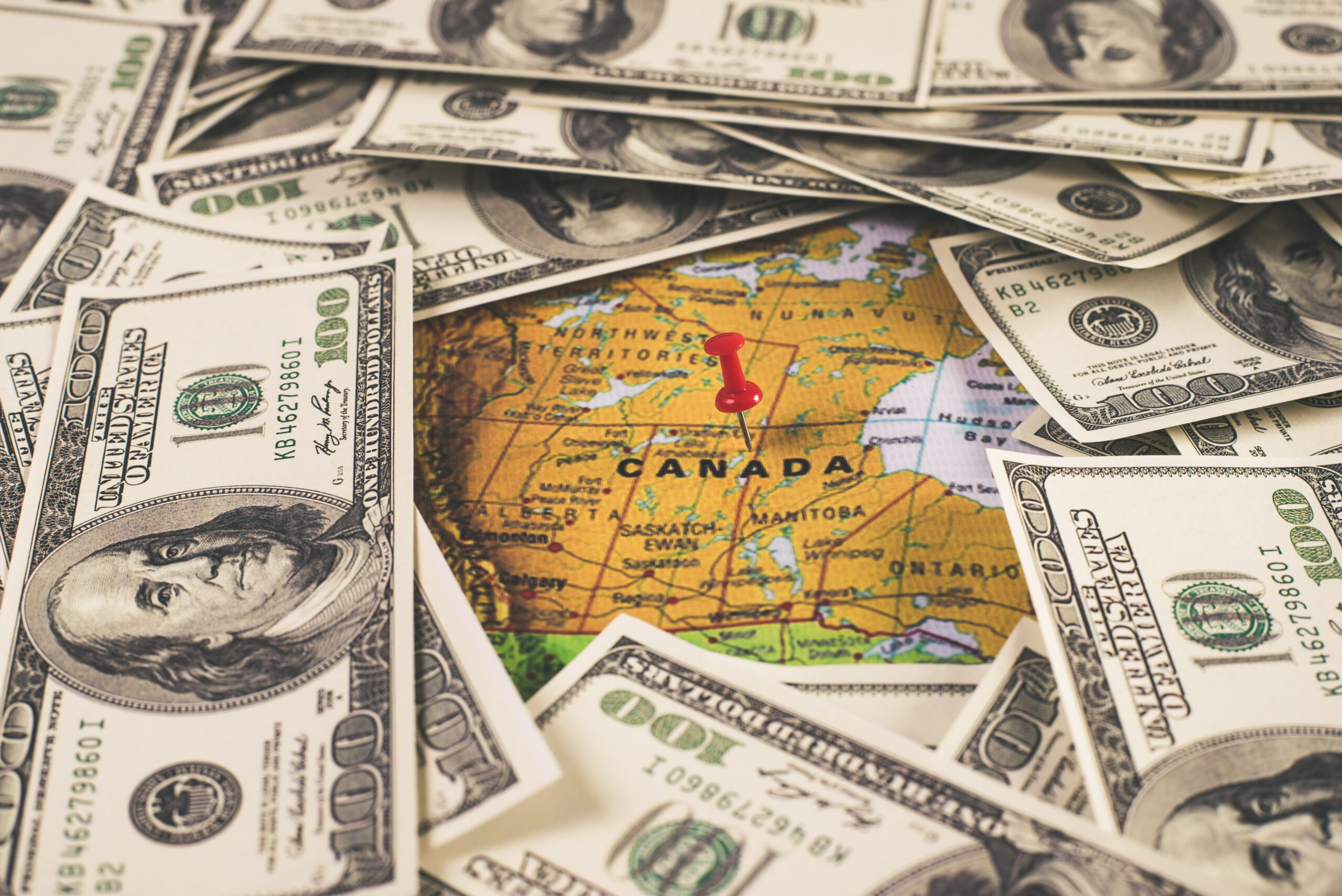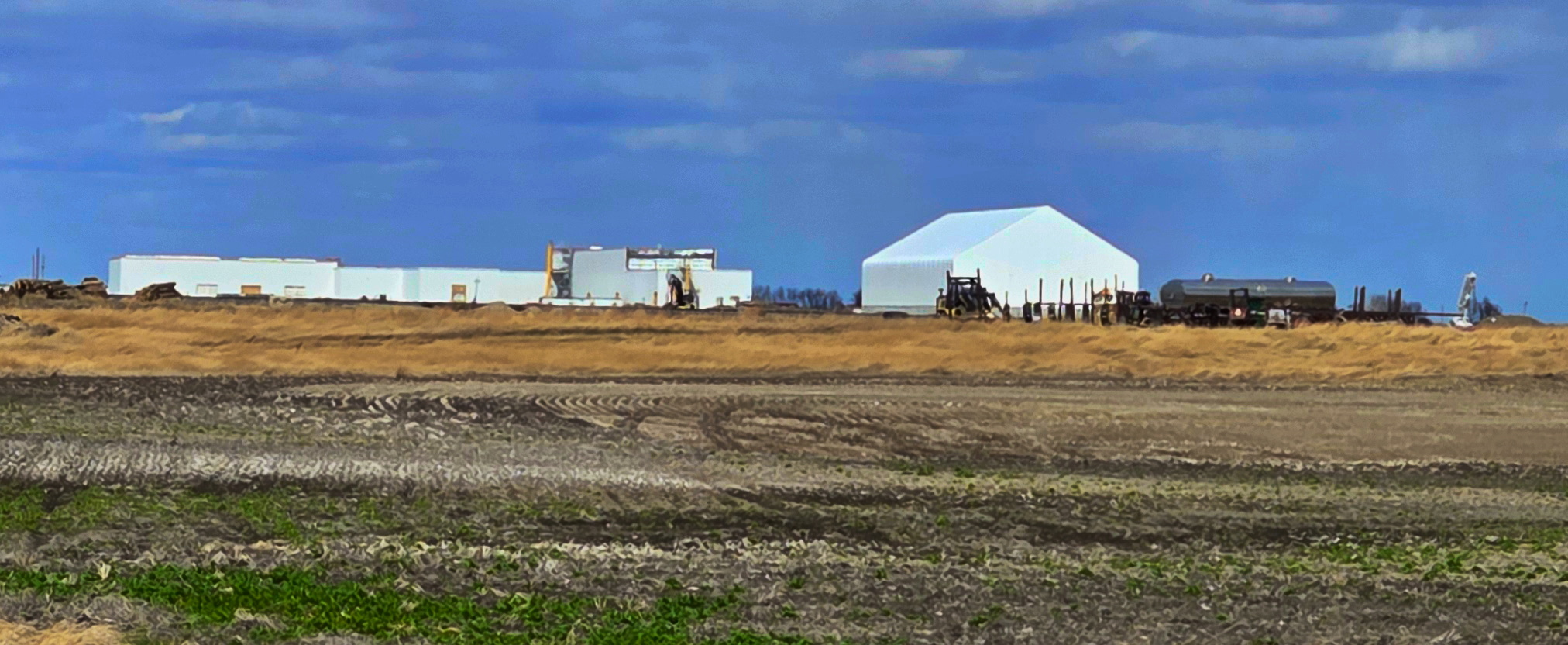In a dramatic escalation of trade tensions that could reverberate even in small communities like Chestermere, Prime Minister Justin Trudeau announced on Saturday that Canada is set to impose immediate retaliatory tariffs against American imports. The decision follows U.S. President Donald Trump’s signing of an executive order at his Mar-a-Lago resort in Florida, which establishes a 25 per cent tariff on a wide range of Canadian products—albeit with a reduced 10 per cent rate for energy commodities.
At a press conference on Saturday evening, Trudeau unveiled Canada’s swift response: an initial $30-billion retaliation package that will soon be supplemented by an additional $125 billion in duties on American goods within 21 days. The extended timeline is designed to allow Canadian companies and supply chains to adapt, find alternative sources, and mitigate any potential disruption in the flow of goods.
Among the targeted American products are everyday items that many Chestermere residents enjoy, such as beer, wine, bourbon, fresh fruits, fruit juices including orange juice, vegetables, clothing, shoes, and even perfume. Trudeau stressed that the broad scope of the tariffs reflects Canada’s determination to protect its economy against what he described as “unfair and aggressive trade practices” that have been initiated by the United States.
Local business owners in Chestermere are keeping a close eye on the developments. While the immediate impact on small-town markets remains to be seen, there is growing concern that the ripple effects of a North American trade war could lead to higher prices and supply chain disruptions. “It’s not just about what happens in Ottawa or Washington; it affects every corner of Canada,” one local retailer commented, highlighting the uncertainty facing both businesses and consumers.
Trudeau’s announcement came on the heels of intense international negotiations. Earlier on Saturday, he had held discussions with Mexican President Claudia Sheinbaum and convened meetings with his cabinet and provincial premiers to coordinate a unified response to Trump’s tariff imposition. Despite these efforts, Trudeau admitted that he had not been able to reach President Trump directly regarding the new measures, underscoring the challenges of high-stakes diplomacy in the current polarized climate.
The Trump administration’s move is rooted in a broader strategy to curb what it views as detrimental cross-border activities. In a recent social media post, Trump defended the tariffs by citing the need to stop what he called the “illegal flow of fentanyl and people” into the United States. However, statistics from U.S. Customs and Border Protection reveal that less than one per cent of all fentanyl seizures come from the Canadian border, a fact that has not gone unnoticed by Canadian officials and trade experts.
Within Canada, the new tariffs have sparked mixed reactions. Opposition leaders such as NDP Leader Jagmeet Singh urged Canadians to “stand strong and stand together,” while Conservative Leader Pierre Poilievre called for Parliament to quickly address the crisis, insisting that the nation must “put CANADA FIRST.” At the same time, disagreements have emerged among provincial premiers. Alberta’s Premier Danielle Smith and Saskatchewan’s Premier Scott Moe have voiced concerns that key exports like oil and potash should remain outside the scope of retaliatory duties. Ontario’s Premier Doug Ford lamented that “Trump has chosen to walk away from a trading relationship that for decades has made life better for millions of workers on both sides of the border.”
Adding another layer of complexity, British Columbia’s Premier David Eby announced measures to stop the province’s liquor distribution branch from purchasing American liquor originating from regions predominantly supporting Republican candidates. Such regional responses underscore the deep divisions over how best to counteract Trump’s tariff strategy.
The broader economic community has also weighed in. Unifor, Canada’s largest private-sector union, condemned Trump’s actions as an act of hostility against Canadian workers, vowing to harness every resource available to build a resilient and diverse economy. Business groups and industry leaders warn that these tariffs could jeopardize decades of market integration and goodwill between Canada and its largest trading partner.
As negotiations continue and the 21-day window for additional duties looms, residents of Chestermere are advised to stay informed about potential price changes and supply adjustments that may hit local stores. For now, the situation remains fluid, and the coming weeks will be critical in determining how deep the economic impact of this high-stakes trade conflict will be felt across all levels of Canadian society.
Trudeau Announces 25 Per Cent Targeted Retaliatory Tariffs

Prime Minister Justin Trudeau says Canada will hit back with steep, immediate retaliatory tariffs on American goods after U.S. President Donald Trump confirmed he is moving ahead with devastating duties on Canada starting Tuesday.
In response to Canada's Online News Act and Meta (Facebook and Instagram) removing access to Canada's local news from their platforms, Anchor Media Inc encourages you to get your news directly from your trusted source by bookmarking this site and downloading the Rogue Radio App. Send your news tips, story ideas, pictures, and videos to info@anchormedia.ca.









